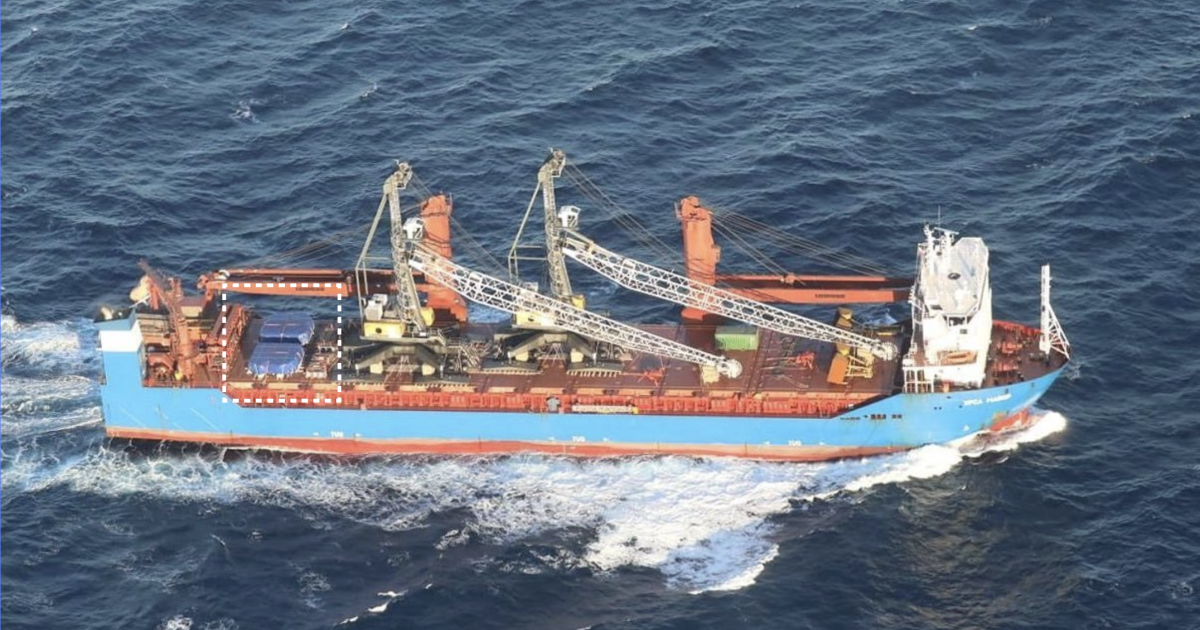Sinking of Russian Ship in the Mediterranean Could Delay Leader-Class Icebreakers

Russia’s ambitious icebreaker program is facing significant challenges. Recently, the vessel operated by Oboronlogistics encountered serious issues while navigating icy waters. Initial attempts to rescue the vessel using a local ice-rated tug proved unsuccessful. As a result, the nuclear icebreaker *Vaigach* was dispatched in December to assist in the rescue operation. This incident highlights the complexities and dangers of operating in harsh Arctic conditions. Moreover, it raises concerns about the future of Russia’s Leader-class icebreaker program, which is crucial for maintaining year-round shipping along the Northern Sea Route.
Setback for the Leader-Class Icebreaker Program
The recent incident has led to a series of setbacks for the Leader-class icebreaker program. Following steering issues, additional icebreakers were called in to help tow and escort the stranded vessel back to Murmansk. This operation was complex and required careful coordination among multiple vessels. In a rare and strongly-worded statement, Russia’s Rosatom condemned the operator’s actions at the time of the incident.
Edison Chouest Completes Sale of Icebreaker Aiviq to the U.S. Coast Guard
The loss of the reactor hatch covers represents another significant setback for the *Rossiya*, the lead vessel of the Leader-class program. Originally contracted in 2020, *Rossiya* was slated for launch in 2027. However, construction has now fallen behind schedule by three to four years. This delay is concerning, especially since *Rossiya* was intended to be one of three Leader-class icebreakers designed to ensure safe and efficient navigation through the Northern Sea Route, even during the harshest winter months.
Power and Progress of the Leader-Class Icebreakers
The Leader-class icebreakers are designed to be twice as powerful as existing Russian nuclear icebreakers. This increased power allows them to create wide channels in the ice, facilitating the passage of commercial oil and gas tankers during the winter. However, financing constraints and limited shipyard availability have led to the cancellation of all but the lead vessel, *Rossiya*.
Construction progress at the Far East Zvezda yard has been limited. While work on the ship’s nuclear reactors began at ZiO-Podolsk in early 2022, the overall timeline remains uncertain. Experts speculate that manufacturing replacement hatches for *Rossiya* could take anywhere from several months to a year. Fortunately, given the current delays, the loss of the hatch covers may not immediately impact the construction timeline. The hatches will not be needed until the reactors are mated with the vessel, which is expected to occur in a couple of years.
